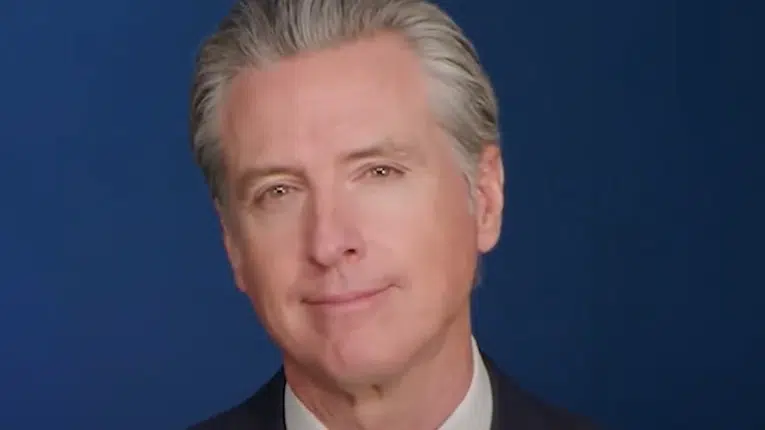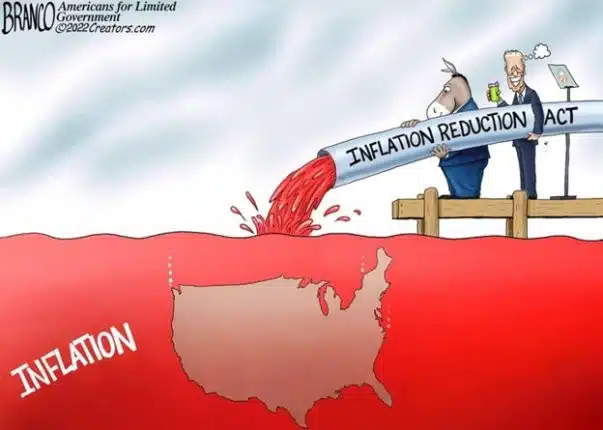“It is not yet known whether weather and temperature impact the spread of COVID-19. Some other viruses, like the common cold and flu, spread more during cold weather months but that does not mean it is impossible to become sick with these viruses during other months. At this time, it is not known whether the spread of COVID-19 will decrease when weather becomes warmer. There is much more to learn about the transmissibility, severity, and other features associated with COVID-19 and investigations are ongoing.”
That is the Centers for Disease Control (CDC) on its current outlook on the spread of the Chinese coronavirus and how it may be impacted when cold and flu season ends in April. Usually, cases for cold and flu drop in the spring and summer after peaking in the winter as temperatures increase and people spend less time indoors, so will the same thing happen with coronavirus next month?
For now, the answer from CDC is we don’t know yet. But some health experts are optimistic.
Dr. Jeremy Brown director of the Office of Emergency Care Research at the National Institutes of Health told Health.com, “COVID-19 will slowly recede as the warmer spring climate provides conditions that the virus cannot tolerate… Spring will be very welcome this year.”
Others, like Maciej F. Boni, associate professor of biology at Penn State University disagreed, telling Health, “We’re not off the hook just because we’re getting to springtime and the warmer weather,” adding that because we’re not immune to the new coronavirus, the population is “completely susceptible.”
AccuWeather Founder and CEO Dr. Joel N. Myers put forward both possibilities, noting, “based on what we’ve seen from past flus and viruses, including the SARS virus and others, there is less viral spread when the sun is strong and the temperatures are warm from May to September. It’s possible the sunshine intensity, the longer daylight periods and the warmer weather could suppress the virus in the summer months. Still, this coronavirus may be very different – and we’re just learning about it. The possibility is this does not behave like all of the others and that it does not decline once the sun gets stronger and the temperatures increase throughout the spring and summer.”
Myers warned, “Instead, if it continues to compound through the entire spring and summer it may infect millions and become a pandemic.”
So, will the spring stop the coronavirus? We better all hope and pray so.
Related: CDC: How to keep your home clean
Perhaps a ray of sunshine may be that all of the major outbreaks of the virus in China, South Korea, Italy and Iran appear confined to the northern hemisphere so far, which is still in winter. So hopefully that’s because the virus doesn’t like the hotter summer weather currently in the south, and that we can expect things to taper down over the coming months.
For now, unfortunately, it’s a guessing game, which means all the basics to prevention still apply, most notably, vigorously washing your hands. The latest guidelines from CDC state, “Avoid close contact with people who are sick… Avoid touching your eyes, nose, and mouth… Stay home when you are sick… Cover your cough or sneeze with a tissue, then throw the tissue in the trash… Clean and disinfect frequently touched objects and surfaces using a regular household cleaning spray or wipe… Wash your hands often with soap and water for at least 20 seconds, especially after going to the bathroom; before eating; and after blowing your nose, coughing, or sneezing.”
Seniors and those over the age of 60 with serious underlying conditions appear to be the highest at risk for becoming seriously ill, according to the interagency coronavirus task force, which has issued new community guidelines to enhance prevention and mitigation locally at homes, businesses and schools at Coronavirus.gov.
Undoubtedly, the uncertainty about when the virus might slow down is feeding the current global financial panic in markets. The S&P 500 has declined more than 18 percent since mid-February alongside with other indices, oil has collapsed and U.S. interest rates are nearing zero percent.
Is it prudent to continue trading? Even with a bounce, global exchanges might very well be considering pausing trading indefinitely until the virus passes. Again, it could be weeks or longer before there is news of a slowdown in the spread of the virus. In that environment, how can the algorithms say to do anything but sell every time a slew of new cases appear?
Now, assuming a spring turnaround in new coronavirus cases, it would become easier to mark the downturn as a possibly an irrational market overreaction and to expect a quick rebound as soon as there is good news.
The same can be said for any political assessment of the Trump administration’s response to the virus, with an eye to how it might impact the 2020 election. Even if the response is good and even saves lives, the public might still respond negatively based on partisan backgrounds in the immediate future.
But these are all snapshots in time.
Doctors will look at the data and tell you whether the virus is seasonal or not based on what happens in the spring when it happens, and not a moment sooner.
Markets are always guessing what might happen but appear to lack a basis at the moment to call a market bottom since the very uncertainty feeding the decline by definition will not be alleviated until there are more facts that are at least weeks away according to health officials.
If and when the number of new cases seems to be dropping, though, that might change quickly. Expect a rebound when there’s good news.
The politics of the virus may change quickly, too, for all the same reasons. The public’s mood may appear sour right now given the uncertainty, but with a slowdown in transmission this spring coupled with health officials’ moves to mitigate the spread of the virus, and it is foreseeable that public opinion could promptly turn around, too. The public could ultimately come to approve of how the government has handled the outbreak.
Which, on that point, a word of warning to politicians who think the virus will benefit them should things get worse. Things might not get much worse, and then all of the uncertainty may promptly transform to approval when the public realizes the world has not ended — lending credit to those who kept their composure, showed leadership and kept the American people safe.
Those who opportunistically use blame today when the number of new cases was rising, by the same metric, will have to offer credit if and when the number of cases starts dropping.
Panic will not accomplish anything productive, but following the CDC’s new community guidelines to protect your homes, businesses and schools, and washing your hands can. Again, we should all hope that the warmer weather will help slow down the virus this spring, but everyone should be prepared if it does not.
Robert Romano is the Vice President of Public Policy at Americans for Limited Government.







